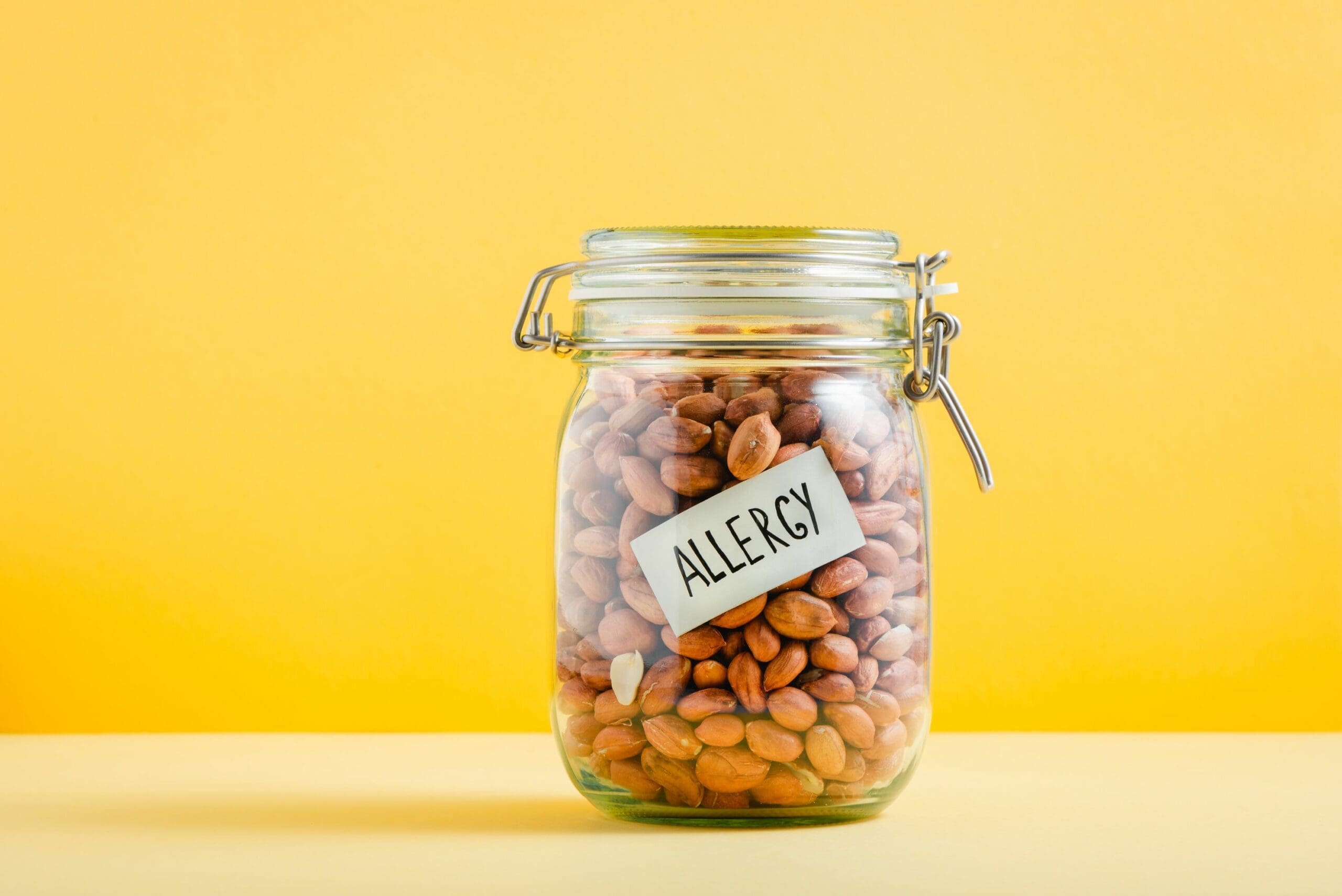Peanut allergy is a condition affecting almost three in every 100 children. Peanut allergy is one of the most severe food allergies and is the most common cause of food-related anaphylaxis death.
Currently there is no confirmed treatment to prevent or cure allergic reactions to peanuts. In recent years, however, some promising clinical trials have found that exposure to very small amounts of peanuts in a controlled environment over time can have a desensitising effect.
The treatment is called oral immunotherapy and the benefits from it (in those that respond to it) can build in a safety margin against inadvertent life-threatening exposure to peanuts.
The research field into peanut oral immunotherapy is growing and now a new clinical trial has examined how effective use of this therapy soon after an allergy diagnosis could be. In the study, 37 children aged between nine months and 36 months old were given either high or low dose peanut exposure each day for around 29 months.
After the end of the treatment period, and allowing for a month of following a peanut-free diet, peanut protein was added back into the children’s diet. The results were consistent in that around 80 percent of children given either treatment dose of peanuts were able to eat peanut-containing foods without having an allergic reaction.
The children in the clinical trial were 19-times more likely to be able to eat peanuts without a problem compared to a similar group of children with the allergy, but who didn’t have the treatment.
Implications
This research adds more evidence for the benefit of peanut exposure therapy. No matter how impressive the research outcomes though, it is not suggesting that the allergy has been cured and peanut butter is back on the menu – rather that children can now live a life with a much greater safety margin against accidental exposure.
Because of the serious dangers from intentionally exposing children to peanuts, the therapy should only ever be considered under direct medical supervision by health professionals such as immunologists and paediatricians.

